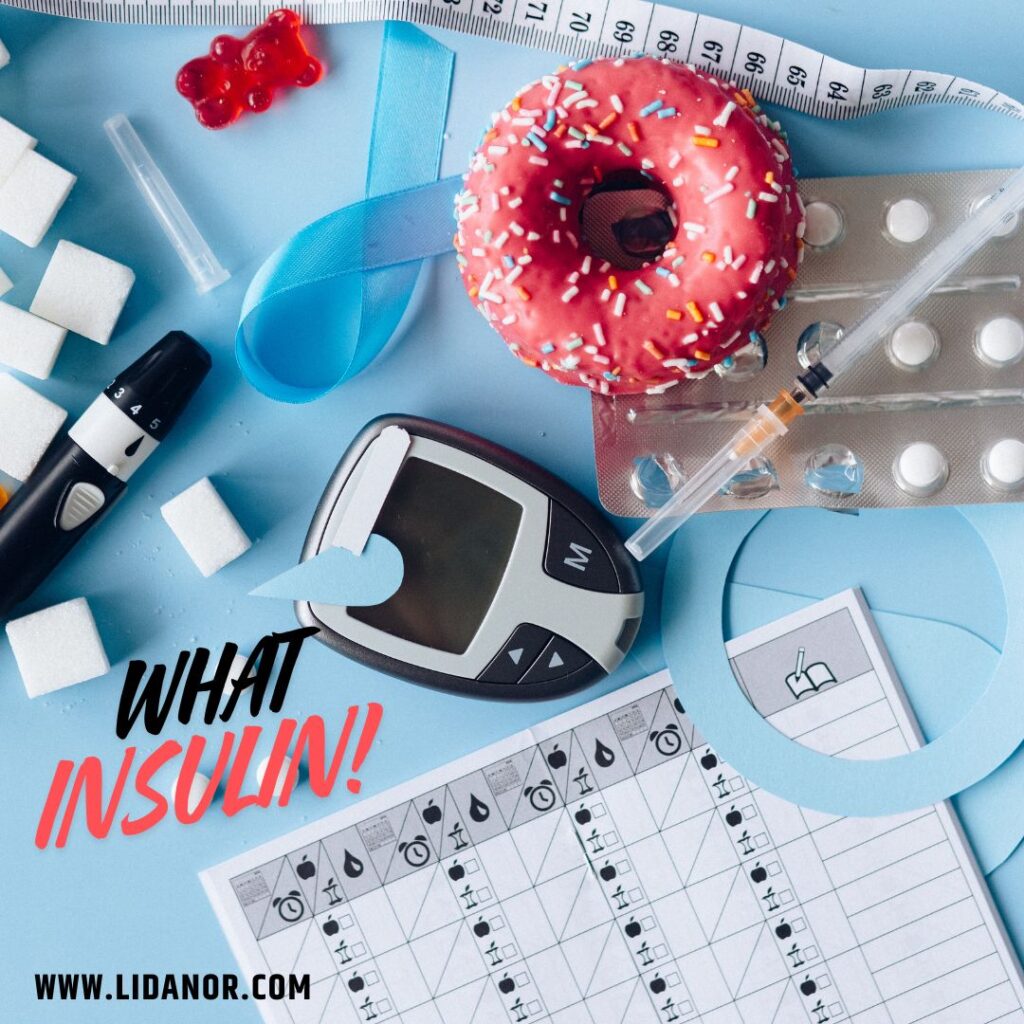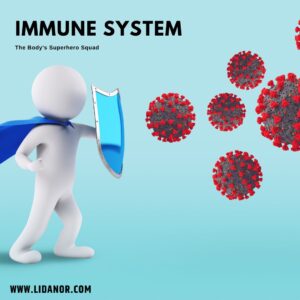
Insulin, often referred to as “blood sugar hormone,” plays a critical role in regulating our body’s energy flow. It’s like a master key, unlocking the doors of our cells and allowing glucose (blood sugar) to enter and fuel our activities. Understanding how insulin works is crucial for maintaining good health, particularly for those with conditions like diabetes.
The Sweet Story of Glucose: Our Body’s Fuel
Our bodies obtain glucose from the carbohydrates we consume. When we eat, complex carbohydrates like starches and sugars break down into glucose molecules in our digestive system. This glucose then enters the bloodstream through the small intestine, ready for its journey to the cells.
Unlocking the Doors: How Insulin Works Its Magic
Every cell in our body craves glucose for energy, but some are more reliant on it than others. Here’s where insulin comes in:
- Produced by the Pancreas: Insulin is a hormone produced by specialized cells in the pancreas, a gland located behind the stomach.
- Responding to Blood Sugar Levels: The pancreas constantly monitors blood sugar levels. When levels rise after a meal, the pancreas releases insulin.
- The Key and the Lock: Insulin binds to specific receptors on the surface of our cells, acting as a key that unlocks the door.
- Glucose Uptake: With the door unlocked, glucose can now enter the cells and be used for energy production or stored for later use.
Maintaining Balance: A Delicate Dance
Maintaining healthy blood sugar levels is crucial. Ideally, glucose levels should remain within a specific range. When levels are too high (hyperglycemia), it can lead to health problems like diabetes. Conversely, if levels drop too low (hypoglycemia), fatigue, dizziness, and even seizures can occur.
The Role of Insulin in Different Conditions
- Healthy Individuals: In healthy individuals, insulin secretion and action work seamlessly to maintain balanced blood sugar levels.
- Diabetes: In people with diabetes, the body either doesn’t produce enough insulin (type 1 diabetes), or the cells become resistant to insulin’s effects (type 2 diabetes). This disrupts the delicate balance of blood sugar control.
Managing Blood Sugar and Promoting Health
Whether you’re concerned about maintaining optimal health, managing diabetes, or simply want to understand your body’s energy source better, here are some key takeaways:
- Focus on Complex Carbs: Choose whole grains, fruits, and vegetables over refined sugars and processed foods. These provide a sustained release of glucose, keeping your blood sugar levels stable.
- Regular Exercise: Physical activity helps your body utilize glucose more efficiently, promoting healthy blood sugar levels.
- Monitor Your Blood Sugar: If you have diabetes or are concerned about your blood sugar levels, talk to your doctor about monitoring options.
- Consult a Healthcare Professional: A doctor or registered dietitian can create a personalized plan to manage your blood sugar levels and optimize your overall health.
The Future of Insulin Research
Scientists are constantly striving to understand insulin metabolism better. Research is ongoing in areas like:
- Artificial Pancreas Systems: These closed-loop systems continuously monitor blood sugar and automatically deliver insulin through pumps, mimicking the function of a healthy pancreas.
- Novel Insulin Delivery Methods: Researchers are exploring new ways to deliver insulin, such as inhalable forms or implantable devices.
- Personalized Diabetes Management: Tailoring treatment plans based on an individual’s specific needs and response to different types of insulin.
Conclusion:
Insulin is a vital hormone that plays a key role in regulating our body’s energy flow. By understanding its function and making healthy lifestyle choices, we can support optimal blood sugar control and promote overall well-being. Whether managing diabetes or simply maintaining good health, appreciating the power of insulin empowers us to make informed decisions for a vibrant life.





